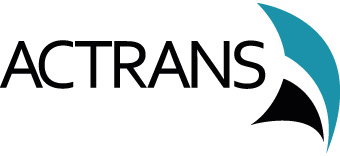Industrial Conversion 2.0: Entering the Defense Market
Driven by rising defense budgets in the wake of Zeitenwende 2.0 and facing disruption in their core sectors such as automotive and mechanical engineering, many industrial players are currently evaluating entry into the defense sector. Attracted by what appears to be a booming market, companies hope to capitalize on the perceived “gold rush.” The thinking: with sufficient size, capabilities, and available capacity, a pivot into defense should be feasible. On this basis, initial discussions are often initiated at C-level with smaller defense primes.
Defense Industry: A Professional, Competitive, and Global Industry
However, reality sets in quickly. Defense primes often show limited interest in general-purpose capacity, focusing instead on acquiring specific capabilities – particularly skilled personnel or select production assets. Public perceptions, shaped by slow procurement cycles in markets like the German Bundeswehr and reports of high margins among some defense OEMs, have created a distorted image of the industry: bureaucratic, relationship-driven, and overly profitable.
In truth, the global defense industry is highly professionalized and characterized by a highly specialized supplier base and, in most segments, intense competition. For newcomers, attending one of the leading international defense trade shows is strongly recommended as a first step in understanding the industry’s dynamics.
Translating Strategy into Execution
Successful entry into the defense sector requires far more than available capacity or adjacent know-how. Companies must start by defining a clear Level of Ambition and setting strategic objectives at the executive level. From there, the specifics of the defense market must be understood in detail, and a tailored go-to-market approach must be developed.
Key questions must be addressed:
- What products or services can we credibly offer to the defense market?
- What is our differentiated value proposition or competitive edge?
- What investments (capex, opex, R&D) are required?
- What organizational capabilities, technologies, and compliance structures must be built or adapted?
- What role could acquisitions or partnerships play in accelerating entry?
- What concrete roadmap and business case support our market entry strategy?
The answers to these questions must be integrated into a coherent strategic initiative – complete with governance, milestones, and executive sponsorship.
Leverage Defense-Specific Expertise
ACTRANS is a management consultancy specialized in the defense sector, with deep expertise in advising clients on market entry strategy, capability development, and strategic transformation. By leveraging our expert network across all military domains – land, air, sea, cyber, and space – we provide tailored guidance to navigate the unique complexities of the defense industry.



